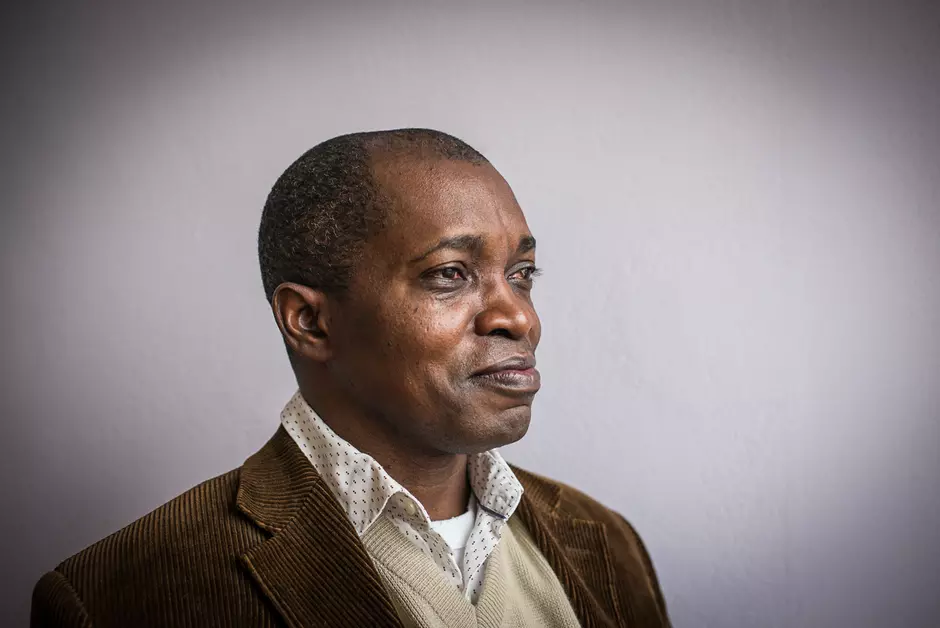The International One Health Symposium from May 28 to 30, 2024, in Kinshasa, Democratic Republic of the Congo (DRC), aims to accelerate the integration of One Health approaches to disease control with the establishment of the One Health Institute for Africa. This symposium is also the occasion to celebrate 10 years of education of One Health concepts at the Master in Ecology of Infectious Diseases organized by the Faculty of Medicine at the University of Kinshasa.
The International One Health Symposium from May 28 to 30, 2024, in Kinshasa, Democratic Republic of the Congo (DRC), aims to accelerate the integration of One Health approaches to disease control with the establishment of the One Health Institute for Africa. This symposium is also the occasion to celebrate 10 years of education of One Health concepts at the Master in Ecology of Infectious Diseases organized by the Faculty of Medicine at the University of Kinshasa.
The International One Health Symposium from May 28 to 30, 2024, in Kinshasa, Democratic Republic of the Congo (DRC), aims to accelerate the integration of One Health approaches to disease control with the establishment of the One Health Institute for Africa. This symposium is also the occasion to celebrate 10 years of education of One Health concepts at the Master in Ecology of Infectious Diseases organized by the Faculty of Medicine at the University of Kinshasa.
The Master of Ecology of Infectious Diseases, Natural Hazards and Risk Management at the Faculty of Medicine of the University of Kinshasa was inaugurated in September 2014. This Master's program was designed to offer scientific and technical support to the Ministry of Health to address the challenges posed by the multifaceted public health crises. By bridging the gap between the skillsets of professionals engaged in disease control and the increasingly complex challenges in the field, this Master’s program aims to enhance preparedness and effective management of these public health threats. This multidisciplinary training program is the result of a collaboration between the Faculty of Medicine of the University of Kinshasa, the University of Franche-Comté, the University of Montpellier 3, and several other institutions.
Over the past decades, the world has witnessed a resurgence of epidemics due to infectious diseases. These outbreaks exhibit complex modes of onset and spread, thus necessitating a reevaluation of our strategies to manage and control these public health threats. Simultaneously, our global environment has experienced profound changes, such as drastic decreases in biodiversity as well as accelerated changes in weather patterns causing increases in extreme precipitation events and periods of extreme heat and drought. Recognizing the interconnectedness between the health of humans, animals, plants, and the environment, sustainable and optimized disease control requires a holistic, or One Health, strategy. The One Health approach mobilizes and unites various sectors, disciplines and communities at varying levels of society to foster well-being, address threats to health and ecosystems, and contribute to sustainable development.
Over the past decades, the world has witnessed a resurgence of epidemics due to infectious diseases. These outbreaks exhibit complex modes of onset and spread, thus necessitating a reevaluation of our strategies to manage and control these public health threats. Simultaneously, our global environment has experienced profound changes, such as drastic decreases in biodiversity as well as accelerated changes in weather patterns causing increases in extreme precipitation events and periods of extreme heat and drought. Recognizing the interconnectedness between the health of humans, animals, plants, and the environment, sustainable and optimized disease control requires a holistic, or One Health, strategy. The One Health approach mobilizes and unites various sectors, disciplines and communities at varying levels of society to foster well-being, address threats to health and ecosystems, and contribute to sustainable development.

In this context, this Master's program at the University of Kinshasa will now be run by the One Health Institute for Africa, which will be developed through the diverse partnerships and the integration of all existing One Health platforms, both at national and international levels. The activities of the One Health Institute for Africa focus on research, training and support to implement operational innovations within the One Health conceptual framework. This One Health symposium is therefore an opportunity present the One Health Institute for Africa and establish a framework to materialize One Health approaches through projects that are truly integrative and implemented in the field.
The first day of the three-day symposium will consist of a scientific cruise on the Congo River, during which time the attendees will reflect on the roadmap for the development of the One Health Institute for Africa. Day 2 is keynote speaker day, with a series of engaging presentations by several keynote speakers including Jean Jacques Muyembe, Patrick Giraudoux, Francine Ntoumi, Hélène Mavar Manga Sodila, Didier Bompangue, Luis Flores, Pascal Handschumacher, Laetitia Atlani-Duault, Amarys Sarah Preuss, and Jean Marie Kayembe. Day 3 will involve a series of oral presentations on a variety of topics all linked to the One Health concept, followed by a One Health Round Table and closing ceremony.
This endeavor is supported by numerous partners including DRC Ministry of Health and Public Hygiene, the French Embassy in the DRC, and the Veolia Environment Foundation. More information about the One Health Institute for Africa can be found on the following website: www.inoha.ac.cd

